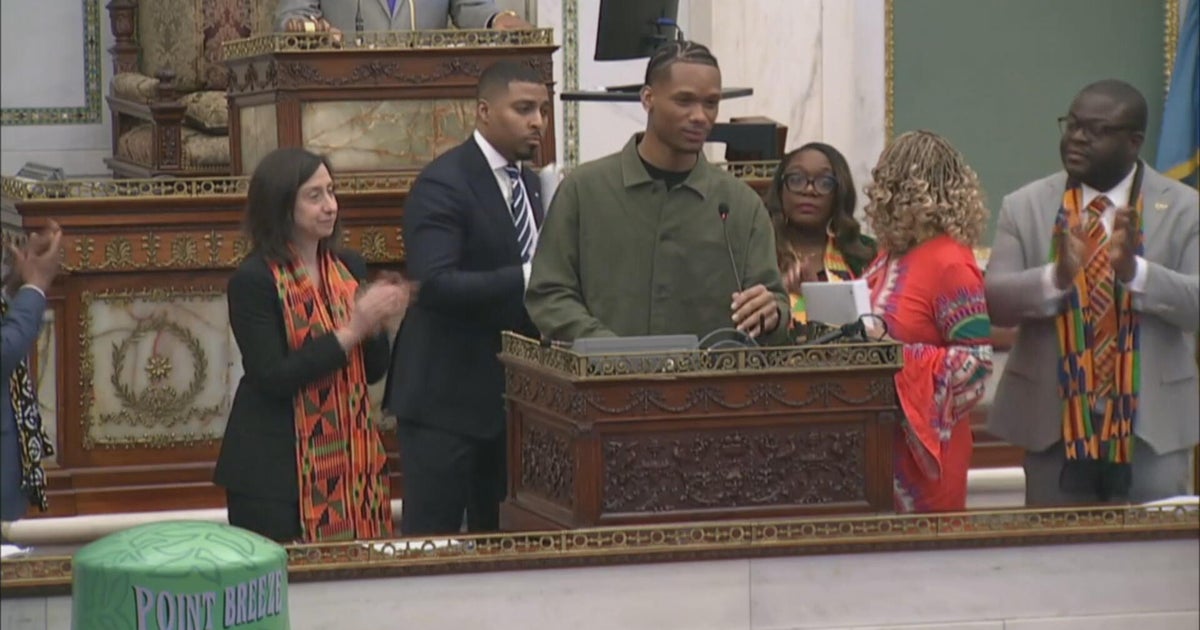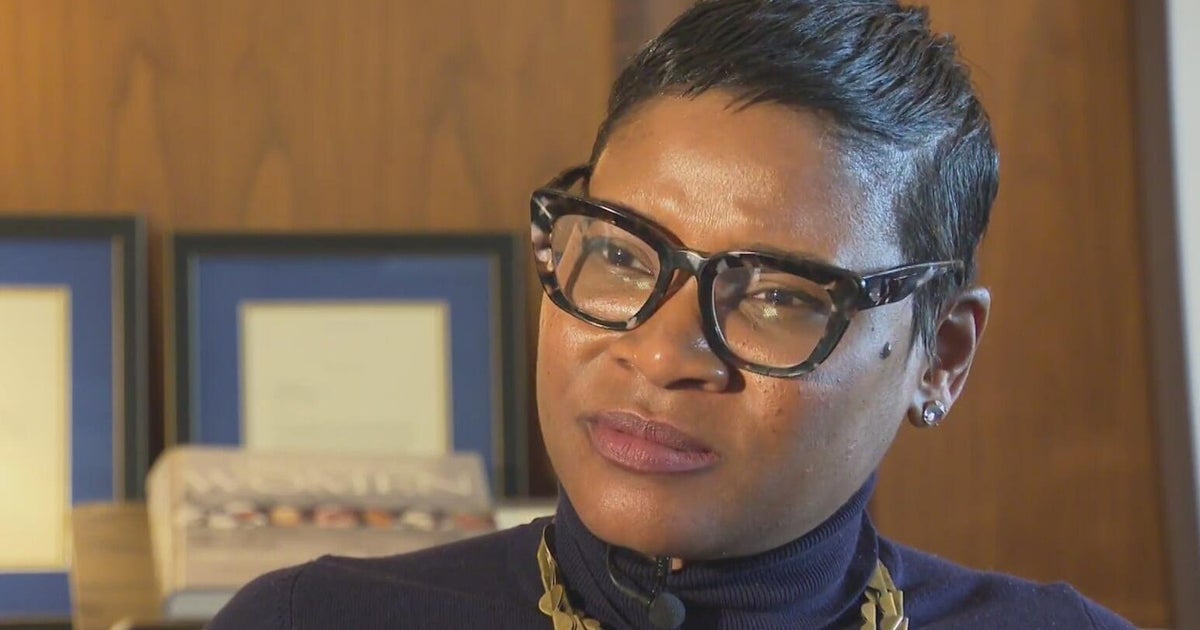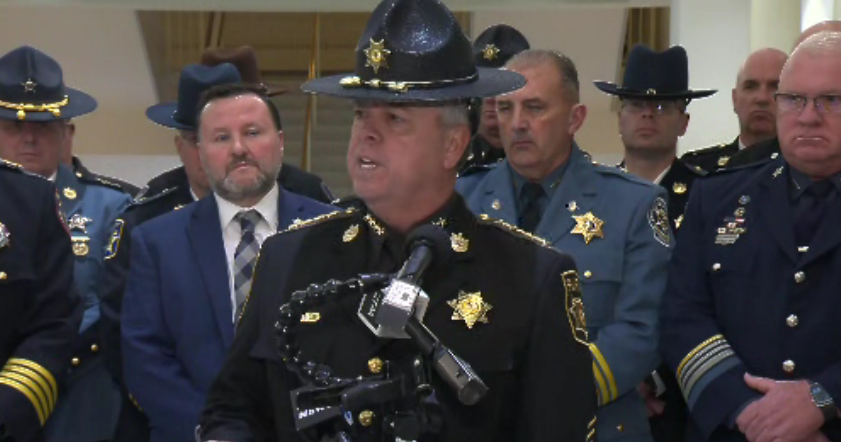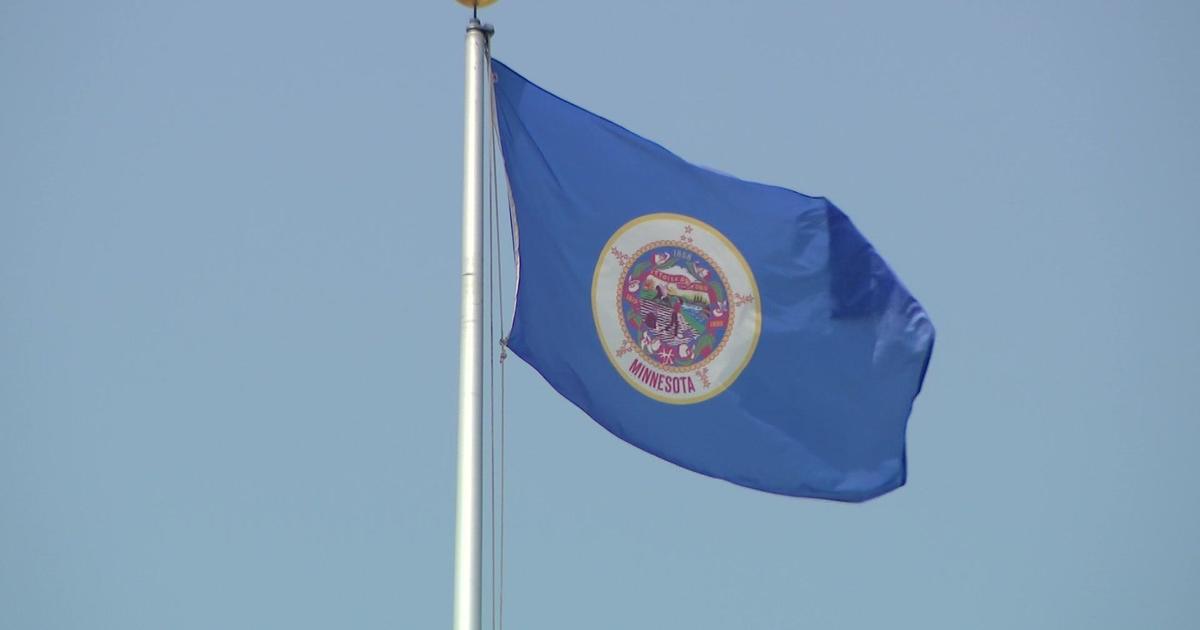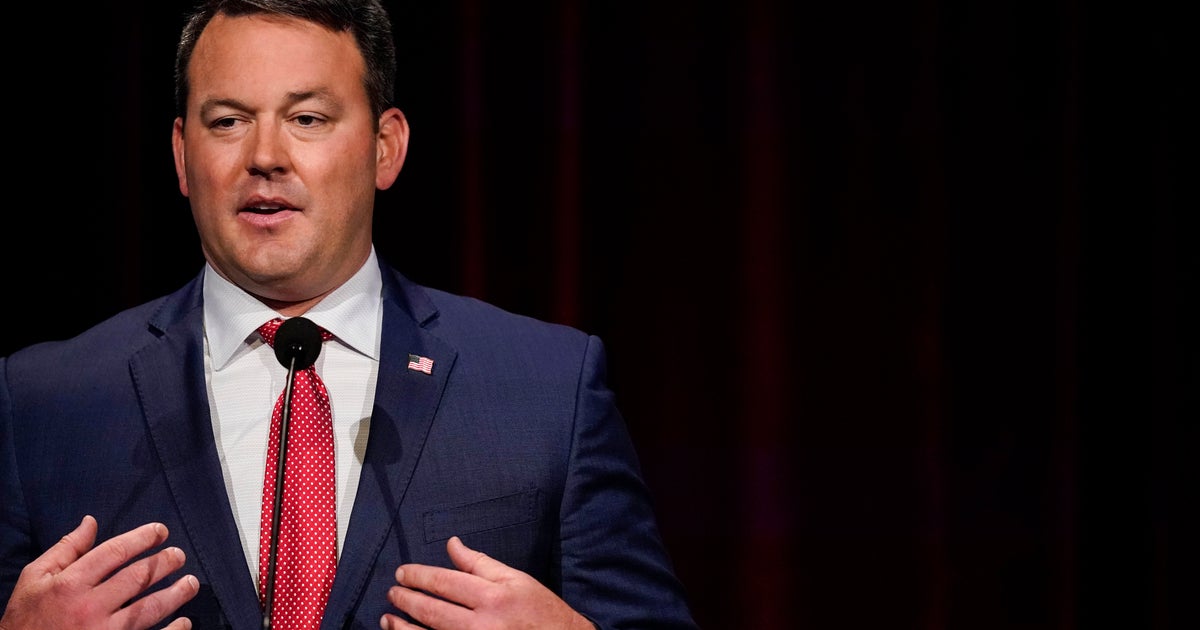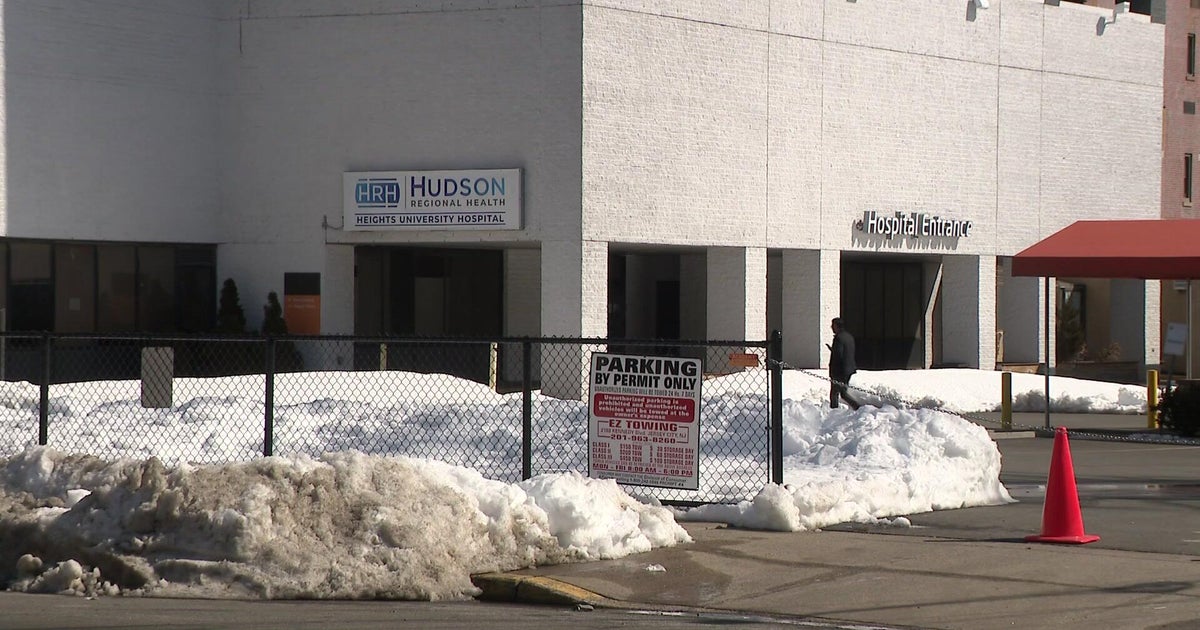Md. Council On Health Care Reform Submits Report
ANNAPOLIS, Md. (AP) -- A Maryland panel on Monday issued its final report with 16 recommendations to help implement federal health care reform in the state.
Lt. Gov. Anthony Brown, who co-chairs the Health Reform Coordinating Council, said he will lead efforts in the upcoming legislative session to create a health insurance exchange to assist residents who don't have insurance. Health insurance exchanges aim to make it easier for people to buy coverage on their own. These state-based exchanges are pools intended to offer the same kind of purchasing power that employees of big companies benefit from. Maryland is considering two exchanges, one for individuals and another for small businesses.
A model developed by the council that was released in July found that Maryland could save about $829 million on health care costs between fiscal year 2011 and 2020 because of federal health care reform. The savings, however, last only until the end of the decade, when the federal law shifts a greater share of financial responsibility for Medicaid expansion to the states.
"It's our responsibility and duty to implement federal reform and we know that if we do it right, reform will save Maryland nearly $830 million and cut the number of uninsured in half," Brown, a Democrat, said.
The council will monitor progress on recommendations through 2014, when major elements of federal health care reform are scheduled to take effect. It will serve as an advisory body to a new Governor's Office of Health Reform, which will handle implementing health care reform in Maryland.
Maryland Republicans, however, say many questions remain about the constitutionality of the federal law, and they question whether Maryland is moving ahead too quickly amid the uncertainty.
For example, a federal judge in Florida is expected to rule shortly in a lawsuit brought by 20 states that challenges the law's central requirement that most Americans carry health insurance. A judge in Virginia ruled it unconstitutional last month, while courts in two other cases have upheld it. It's expected that the Supreme Court will ultimately have to resolve the issue.
"We ought to slow down and be prudent in our actions and not try to get ahead of the snowball," said Delegate Anthony O'Donnell, R-Calvert, the minority leader in Maryland's House of Delegates. "We might get run over by it."
Meanwhile, the public interest advocacy group Maryland PIRG concluded in a report released Monday that consumers and small businesses in Maryland would face significantly higher insurance premiums and could see costly coverage denials and price discrimination if efforts to repeal the federal health care law prevail in Congress or in the courts.
Maryland has roughly 700,000 to 800,000 uninsured residents, according to state health department estimates. Once the federal reform law is fully implemented, that number will likely be cut in half, according to a report issued by the council over the summer.
(Copyright 2011 by The Associated Press. All Rights Reserved.)

